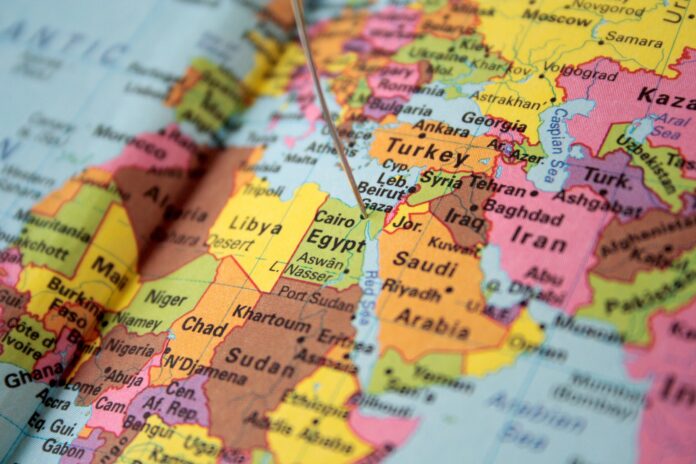The new infrastructure will connect the Atlantic coast, Mediterranean Sea and the Red Sea
Nokia announced it will power the Medusa submarine cable system, a project owned by AFR-IX Telecom. The new fibre network will connect the Atlantic coast, Mediterranean Sea and the Red Sea, amid claims it will help close the digital divide between North Africa and Europe, supporting the deployment of 5G and cloud infrastructure.
Connectivity
Medusa will connect countries including Morocco, Tunisia, Libya, Algeria and Egypt to the high-capacity infrastructure via an open access business model.
It will be built using Nokia’s 1830 GX Series platform and ICE7 coherent optics which can transmit tens of terabits per second per fibre pair “to deliver high-capacity, low-latency connectivity with optimal cost and power efficiency per transmitted bit,” according to the press statement.
“Medusa is laying the groundwork for a more connected and inclusive digital future. With Nokia’s subsea optical solution, we will be able to deliver greater value to our customers by offering faster, more reliable connectivity at a lower cost, with the flexibility to scale as needs evolve. This partnership ensures we meet the demands of today while building a strong, future-ready infrastructure for tomorrow,” said Miguel Angel Acero, CTO and Founder of Medusa.
“Medusa is helping to deliver new, faster and more reliable connectivity to millions of people, opening the door to greater innovation and deeper integration into the global digital economy” said John Harrington, SVP & Head of NI Europe, MEA & APAC Sales at Nokia.
Red Sea hot spot
The Red Sea is an internet and telecommunications bottleneck: it is estimated that estimated 90% of communications between Europe and Asia and 17% of global internet traffic traverse cables under the 14-mile-wide Bab al Mandab Strait. There are fears that Houthi rebels might target undersea cables: three were accidentally damaged in February 2024 by the anchor of a UK-owned ship that was attacked by Houtis and sank.




